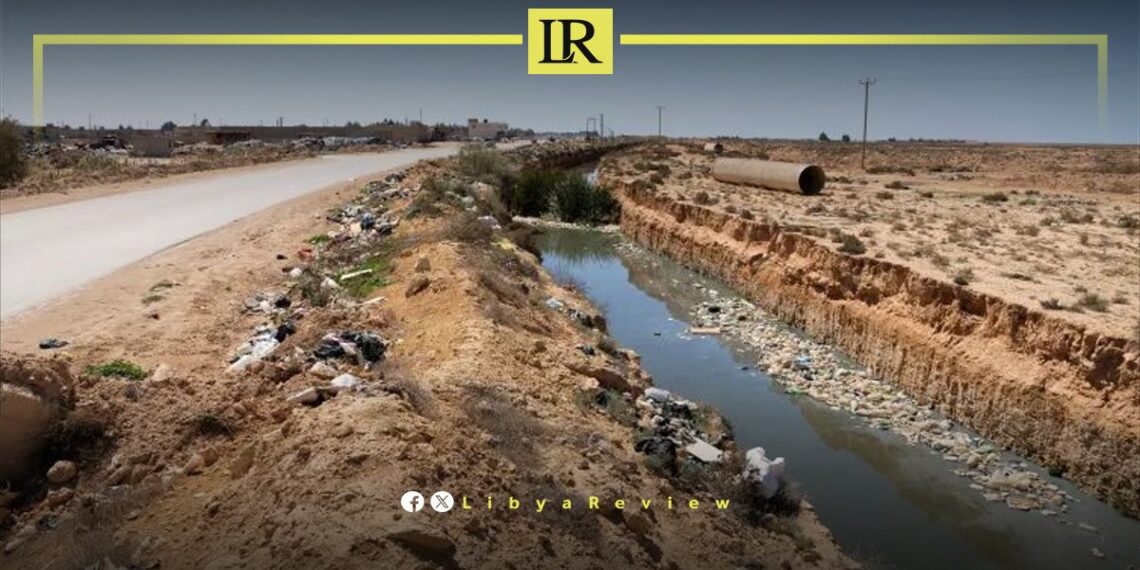Mustafa Al-Bahbah, the Head of the Crisis Management Committee in Zliten Municipality, called for the allocation of a substantial budget to develop comprehensive infrastructure for the municipality.
This urgent request comes in response to the ongoing groundwater phenomenon affecting the area. Al-Bahbah confirmed that 95% of the data required by the British team studying the causes of rising groundwater levels have been collected.
In press statements, Al-Bahbah highlighted that the groundwater issue persists, with new cracks appearing in homes within the affected areas. The Environmental Sanitation Office is continuously spraying the swamps to prevent the spread of insects.
Al-Bahbah emphasized the need for urgent, scientifically-based solutions to the problem, explaining that the affected geographical area has expanded to over 40 square kilometers of the city’s neighborhoods. He reiterated his call for a significant budget to be allocated for the creation of integrated infrastructure to mitigate the crisis.
Zliten, a city located on the Mediterranean coast of Libya, has been grappling with the issue of rising groundwater levels, which has caused widespread damage to infrastructure and homes. The phenomenon has led to the formation of swamps and the emergence of new cracks in buildings, posing a significant risk to the health and safety of residents.
The municipality’s Crisis Management Committee has been working in collaboration with a British research team to understand the underlying causes of this groundwater surge. Preliminary data collection efforts have been successful, with 95% of the necessary information gathered to advance the study.
The Environmental Sanitation Office in Zliten has been proactive in addressing the immediate consequences of the groundwater rise by regularly spraying affected areas to control insect populations. However, these measures are seen as temporary fixes rather than long-term solutions.
The affected area, now spanning over 40 square kilometers, underscores the urgency of the situation. Without significant investment and swift action, the groundwater phenomenon could lead to more severe structural damage and pose greater health risks to the population.


